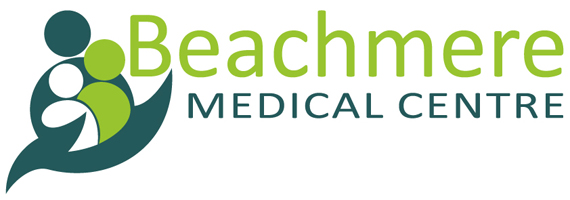Many couples let their relationships drift, avoiding the challenges and hoping things will improve on their own. However, relationships are more than just emotional connections—they are key to our mental, emotional, and even financial well-being. Strong relationships serve as the backbone of our spiritual health and psychological resilience.
Ignoring problems can lead to significant consequences. Research shows that separation or divorce is associated with a 23% higher mortality rate. While many people demonstrate resilience after a breakup, approximately 10–15% face substantial emotional and physical struggles. Divorce also carries higher risks of adverse health outcomes, including chronic illnesses and mental health challenges. Interestingly, studies reveal that divorced men are significantly more likely to die early compared to divorced women, highlighting the profound impact relationships have on health.
If you find yourself stuck in the same arguments repeatedly, this is a red flag that you might need professional help. Rehashing the same conflicts over time indicates deeper issues that require resolution.
Why Relationships Are Vital to Well-Being
High-quality relationships are positively associated with better mental health, increased life satisfaction, and improved physical well-being. On the flip side, unhealthy or broken relationships contribute to a range of physical and emotional challenges, including:
- Increased risk of cardiovascular disease.
- Higher rates of autoimmune disorders.
- Elevated mortality rates.
Relationships, like everything else in life, evolve over time. People often say, “We fell in love, and then we fell out of love,” or believe that “the grass is greener on the other side.” But is this really inevitable? Or can it be prevented?
The Reality of Relationship Challenges
Marital dissolution is common, with roughly 40% of first marriages ending in divorce. Even more striking, up to 75% of those who divorce will remarry, and second marriages have an even higher rate of divorce.
Why does this happen? Often, unresolved issues from the first relationship resurface in the next one. Once the initial excitement of a new relationship fades, the same patterns emerge, and tolerance for conflict is often lower the second time around. This is why addressing relationship problems in the current partnership can be a more sustainable solution.
Signs You May Need Relationship Counselling
Here are some clear signs that it’s time to seek professional help:
- More bad than good: The happy moments in your relationship are becoming rare and infrequent.
- Emotional distance: You feel disrespected, unheard, or lonely in your relationship.
- Constant blame: Criticism and blaming have become a common part of your interactions.
- Loss of intimacy: Physical and emotional connection, including sexual intimacy, has diminished.
These signs don’t mean the relationship is doomed; they’re indicators that professional guidance could help restore balance and connection.
The Importance of Timing
Timing plays a crucial role in relationship counselling. The earlier couples seek help, the better the outcomes tend to be.
Can Counselling Save Your Relationship?
The short answer is yes—but both partners must be committed to making it work. Successful counselling requires:
- Openness to change: Both partners must be willing to adjust behaviors and attitudes.
- Honesty: Transparency and truthfulness are essential for healing and rebuilding trust.
- Commitment to growth: Both individuals must genuinely want the relationship to succeed.
However, counselling is unlikely to help if one partner has already decided to leave the relationship or is unwilling to put in the effort. It’s essential to check in with your partner to understand their level of commitment before starting counselling.
Why Acting Early Matters
The longer couples wait to address their issues, the harder they become to resolve. Early intervention can prevent small problems from escalating into significant, relationship-ending challenges. If you’re noticing red flags or recurring patterns, don’t wait. Seeking help sooner rather than later increases the chances of a positive outcome.
Relationship counselling isn’t just about saving a struggling partnership—it’s about creating a healthier, more fulfilling bond for both individuals. Whether you’re looking to rebuild trust, improve communication, or reconnect emotionally, the right support can help you and your partner move forward together.
